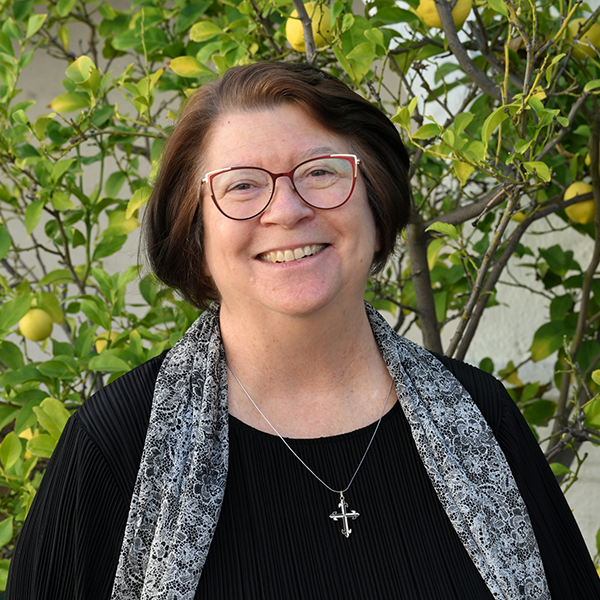Anyone can understand the desire for an alternative to the word “Christian.” There are plenty of “Christians” I’d rather not be associated with. I’d much prefer to maintain my relationship with Jesus while making clear to others I am not in relationship to Pat Robertson or Jack Spong.
Lisa Miller, true to form as an excellent religion journalist, has brought attention to efforts to follow Jesus without calling oneself a “Christian.” Non-Christian Christ-followers even seem to have some scripture on their side. The first name of the Jesus movement in the book of Acts is “followers of the Way.” There are plenty of other fully-biblical alternatives: disciples, apostles, friends of God. Apparently the movement has legs: more than 900 Facebook groups call themselves some variant of “follower of Jesus.”
There’s some sleight of hand here. Imagine a banker in the current financial crisis objecting when you name her job description. “I’m not a banker, I’m a casher.” You would be unimpressed. Or a Major League Baseball player seeking distance from the steroid scandal this way: “No no no, I’m not a baseball player, I’m a second baseman.” It’s as if my alma mater, Davidson College, disgraced itself in some horrible way. When people cluck their tongues at me, I cleverly respond: “Not me, I’m innocent, I’m not from Davidson, I’m just a Wildcat.” I’d be fooling no one. So too with these non-Christian Christians.
More importantly, Christians believe our baptism is not just a set of beliefs. One could come up with some new way to follow Abraham Lincoln or Ayn Rand and give it a brand new title. But Christianity joins us to a body of other believers. This biblical description of the “body” is so basic to the faith it’s almost not a metaphor: a new member is healthy tissue grafted onto a wound. The loss of a member is like the tearing away of flesh. Christ himself is our head, and we belong to one another. The very word “religion” has the same root as the word “ligament.” We are quite physically bound to one another.
This is especially important to reassert when we are tempted to say we’re with the head, but not the other parts of the body. We are all tempted to pick and choose our fellows, buffet-style. “I’m with Desmond Tutu, Nelson Mandela, and Mother Teresa, but not the Southern Baptists.” No! We’re part of this body, with all its dazzling glory and all its tragic flaws, and cannot claim the former without the latter. Further, we are responsible for those parts presently misbehaving, and for its misdeeds through time—if we want credit for its virtues.
This is the part that really irks me the most on eschewing “Christian.” It’s as though we get off scot-free for historical Christian sins (the crusades, racism, you name it) by just calling ourselves something else. Christians believe there is a way to forgiveness and purity—but it passes through confession, restoration, and repaired relationship. The much more costly way to disassociate from those who have done ill in Christ’s name is to set about loving as fanatically as they hated.
It is striking just how popular Jesus still is. It still seems to make sense to love Jesus while hating the church. This view assumes Jesus popped into history fully formed as though from the head of Zeus, with no history, no people, no story. But Jesus is a Jew. And the effort to uproot Jesus from the church makes as much sense as loving someone’s head, but not their body; or admiring Thomas Jefferson and sneering at the Constitution. Jesus is the foundation and cornerstone and head of the church. Without the people Jesus comes from, without the people Jesus births into the world, there is no Jesus. The people Jesus births into the world are called “Christian.”
More power to the people looking for alternative biblical descriptions of Christians. We can all use those—they awaken our imagination to fresh evocations of our faith. But the choice of one such term need not—can not—excise another.
Those who disagree are still members of this family. They can’t disown me anymore than I can them. Weekly we have family reunions in buildings, big and small, all over the world. And I sure hope they’ll join the rest of us at one of them from time to time. The rest of us aren’t complete without them.








